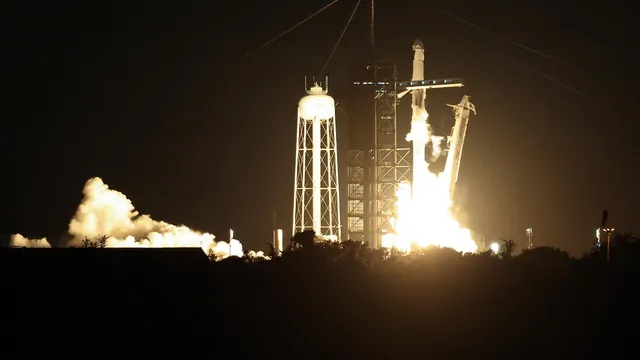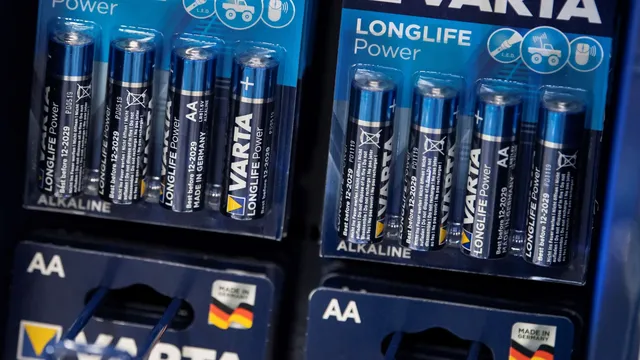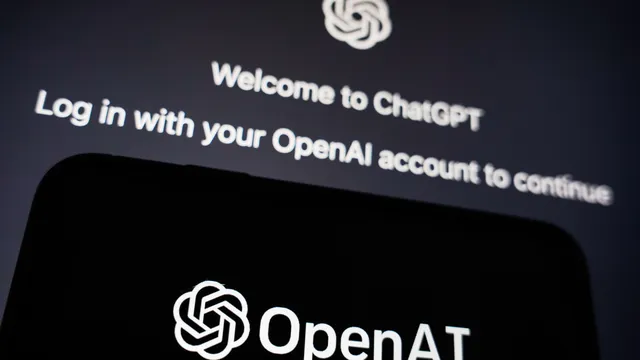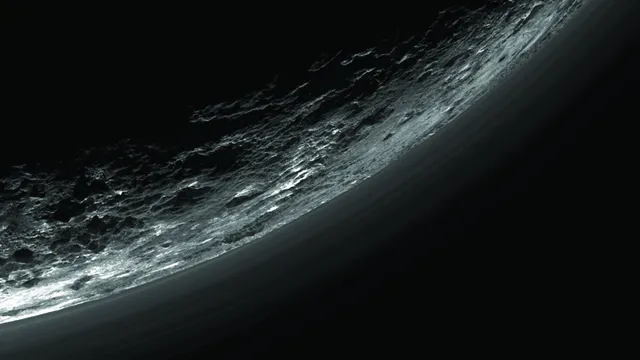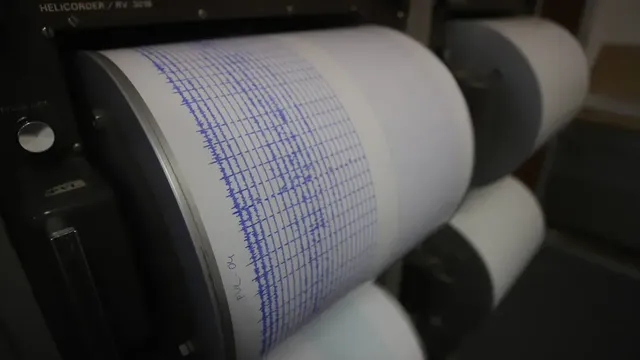The Axiom 4, or Ax-4, mission launched from NASA's Kennedy Space Center in Florida at 2:31 a.m. local time (9:31 a.m. Bulgarian time) with an all-new SpaceX Crew Dragon capsule atop a Falcon 9 rocket, AFP reported.
The spacecraft is scheduled to dock with the orbital laboratory on June 26 at around 2:00 p.m. Bulgarian time and remain there for up to 14 days. On board the spacecraft were pilot Shubhanshu Shukla from India, mission specialists Slavosh Uzanski-Wisniewski from Poland and Tibor Kapu from Hungary, as well as commander Peggy Whitson from the US, a former NASA astronaut who now works for Axiom Space, a company that organizes private space flights, among other things.
The last time India, Poland, or Hungary sent people into space, their current astronauts weren't even born yet—back then, they were called cosmonauts, since they all flew on Soviet missions before the Iron Curtain fell.
“I am carrying not only instruments and equipment, but also the hopes and dreams of billions of hearts,” the 39-year-old Shukla said recently at a press conference.
He became the first Indian in space after Rakesh Sharma, an air force pilot who traveled to the Salyut 7 space station in 1984 as part of a Soviet initiative to help allied countries reach space.
India's space agency ISRO sees this flight as an important step towards its first manned mission, planned for 2027 as part of the Gagganayan program, which means “spacecraft” in Hindi.Indian Minister of Science and Technology Jitendra Singh congratulated Shukla shortly after takeoff.
“A truly proud moment for India!” he wrote on Twitter.
While on board the ISS, Shukla will meet with a high-ranking Indian VIP—speculated by Indian media to be Prime Minister Narendra Modi—at a time of soft power aimed at boosting national pride.
All three countries are covering the costs for their astronauts. Hungary announced in 2022 that it would pay $100 million for its spot, according to spacenews.com. India and Poland haven't said how much they'll spend. | BGNES

 Breaking news
Breaking news
 Europe
Europe
 Bulgaria
Bulgaria
